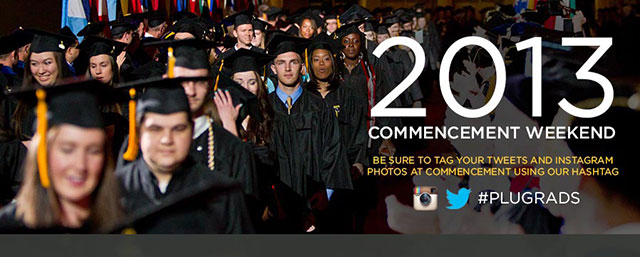Page 57 • (561 results in 0.033 seconds)
-

For the 2012-2013 academic year, 877 students will have graduated from PLU. Spring Commencement takes place Sunday, May 26 in the Tacoma Dome. (Photo by John Froschauer) In their own words Compiled and edited by Chris Albert This spring, new PLU graduates closed a chapter…
people, who are in this together. Who are on your team. When the check is paid and you stay at the table. When it’s four a.m. and no one goes to bed. That night with the guitar. That night we can’t remember…” Marian Keegan. What Next? After graduation I plan to take a year or two off to work, volunteer and intern in several organizations and Financial Services that will help me gain knowledge in international development and management. Within the next few years I plan to continue education by
Do you have any feedback for us? If so, feel free to use our Feedback Form.


